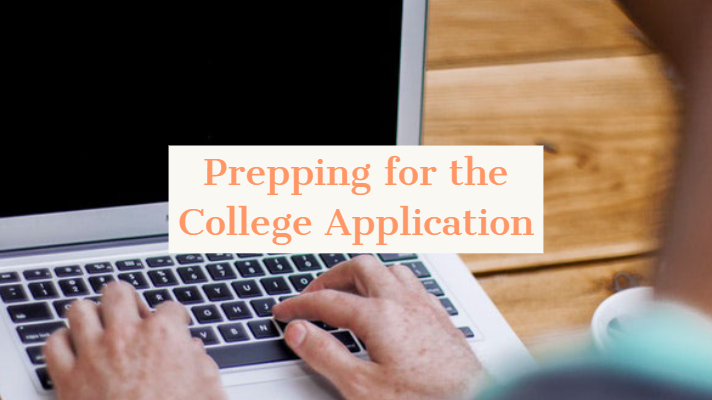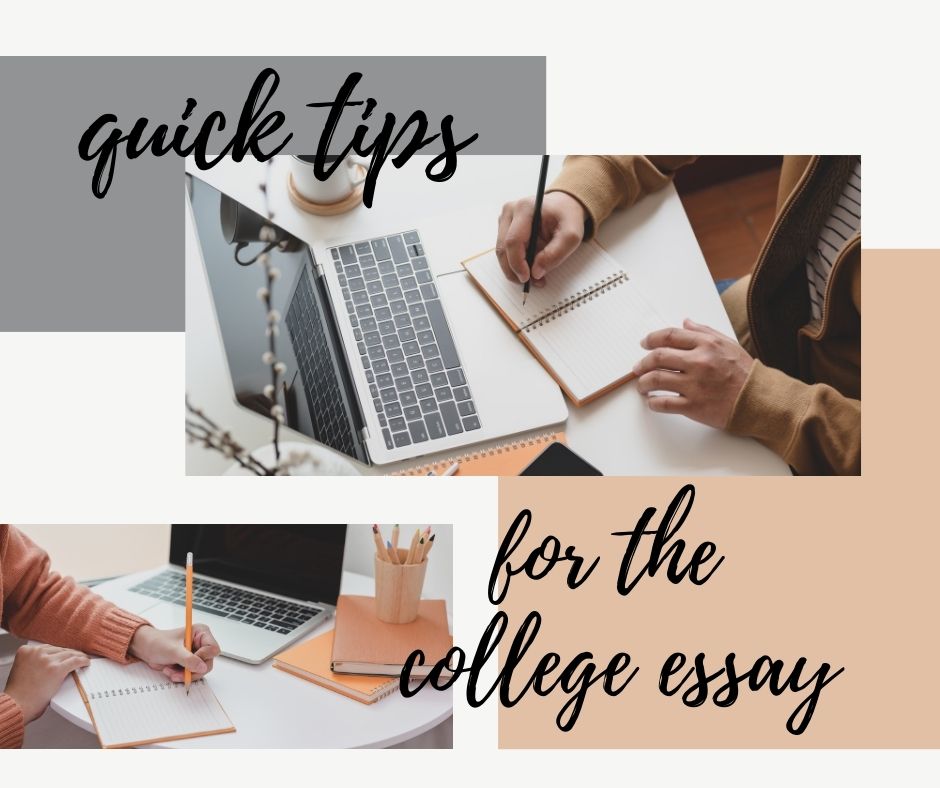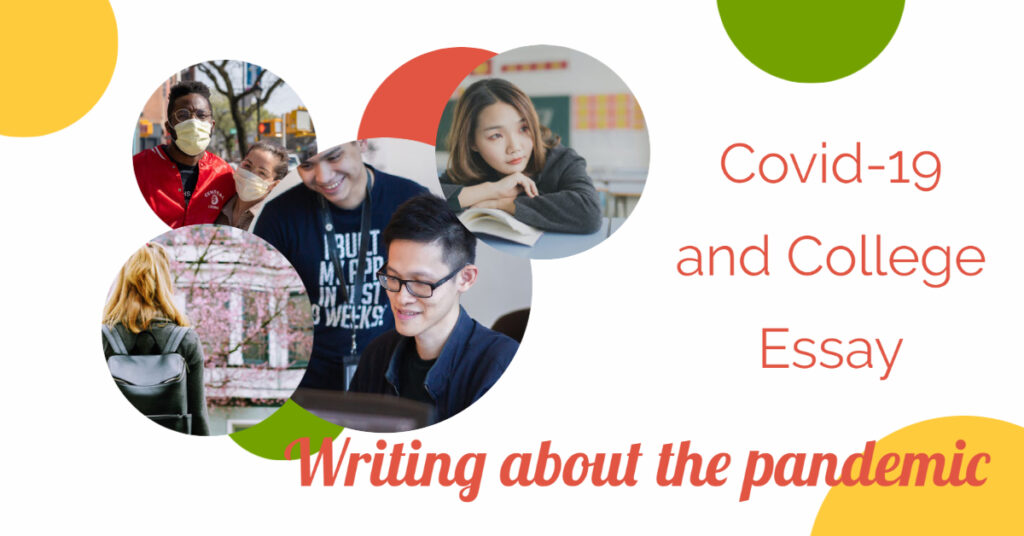 Before your student hits submit on his college application, he has work to do. Summer is a good time for juniors and seniors to start prepping and looking towards the future.
Before your student hits submit on his college application, he has work to do. Summer is a good time for juniors and seniors to start prepping and looking towards the future.
Which colleges belong on your list
A good college list should have three “fit” criteria: financial fit, academic fit, and emotional fit. Once your student has a tentative list, ask if they have all three criteria before finalizing the list.
Financial Fit
Does the college fit into your family’s budget? If the college doesn’t fit financially, cross it off the list. While you should never consider a college solely based on the sticker price, you should certainly examine what will happen if your student is accepted and doesn’t receive any financial aid. Remember when factoring in cost, don’t forget about the add-ons like traveling expenses or meal plans. They can add up and have a substantial effect on your budget.
Academic Fit
Does the college fit into your student’s academic aspirations? This might seem like a no-brainer, but the education is a key factor in attending college. Cross the college off the list if it doesn’t fit into your student’s academic learning style. For instance, is your student looking for smaller class sizes and strong relationships with his professors? A larger university won’t offer this.
Emotional fit
Can your student see himself attending college there? When he visited the campus, did it “feel” right and did he have a rapport with the students he came in contact with? You might think college shouldn’t be an emotional decision, but it is. After all, they will be spending at least four years of their lives there. If they don’t fit into the social climate they will be miserable.
Positioning
Another thing to consider is positioning. Is your student positioned well with the other applicants, especially if you are looking for merit aid? Are their scores, grades, and achievements good enough to put them at the top of the applicant pool?
As you can easily see, there’s more to refining a college list than picking a college with Greek life or college sports rankings. It’s a place your student will call home and he needs to feel comfortable there. Once you’ve determined if the college has all three criteria, add it to the final list.
Which part of the college application is most important?
Any admissions officer will tell you that the essay is the most important part of the college application. The essay is your student’s “introduction” to the college and an opportunity to reveal the true person behind all the data on the application. They should spend time crafting the essay and painting the best picture possible for admissions officers reading their essay.
In addition to the essay, an important detail to remember is verifying that all items requested by the college are included in the application. That means recommendation letters, supplemental essays, transcripts and standardized test scores. An incomplete essay can be a red flag to admissions officers and could land your student’s application in the rejection pile.
When should your student apply?
Colleges post their admissions deadlines on their websites and within the Common App if they are one of the schools using it. But their deadline should not be your student’s deadline. Their application should arrive early—before the deadline. Applications that arrive early are first in line: first in line for review and first in line for financial aid. It stands to reason that applications that arrive early, before all the thousands of others applying on the deadline, will get greater attention.
Once the application is complete, proofed and verified that all forms and supplements are attached, submit it. Don’t wait until the last minute. Make sure your student has plenty of time to review all the components of the application before submitting it.
If you are applying regular decision, ED (Early Decision) or EA (Early Action), plan on submitting it at least two weeks in advance of the deadline. This puts you at the head of the pack and allows for any technical difficulties that could pop up. Waiting until the last minute on a college application is playing with fire.
With rolling admission, submit the application as soon as it’s complete. Most rolling admissions schools have a limited number of student slots, and as they judge and accept applications, those slots get filled. If you apply too late, then there’s a good chance all the slots may be filled, and you’ll be out of luck.
Schools with rolling admissions offer important options and opportunities that static deadlines don’t. Rolling admissions schools will accept and examine applications as they are sent in, instead of waiting to judge all applications concurrently. Schools with rolling admissions can be great for late admissions, or for finding out early whether or not you are accepted, so you can change your plan accordingly.
What’s next?
After the applications are submitted, you wait. Your student waits for the colleges to respond with offers of admission or no offer of admission. Waiting can be stressful. But the benefit of finishing early allows your and your student the freedom to relax, knowing that everything related to the application is complete.






 Before your student hits submit on his college application, he has work to do. Summer is a good time for juniors and seniors to start prepping and looking towards the future.
Before your student hits submit on his college application, he has work to do. Summer is a good time for juniors and seniors to start prepping and looking towards the future.
 It’s coming on Christmas
It’s coming on Christmas